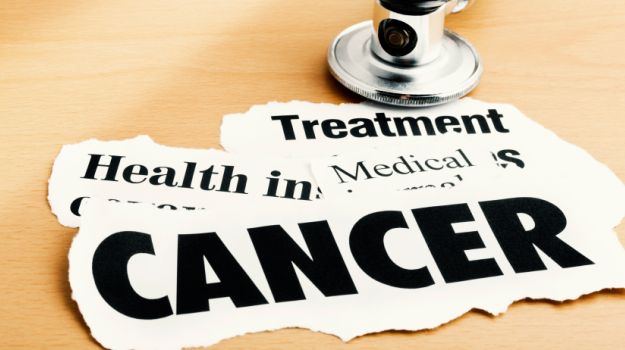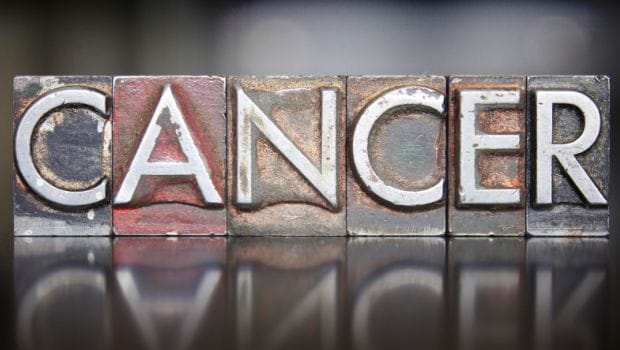The findings published in the journal The Lancet Oncology shed light on the discovery of two gene variations that has influenced increased risk of gall bladder cancer amongst Indians, and large parts of America and South-east Asia.
In the first large scale study of a kind, a team led by Indian and U.S researchers, identified several gene variants which may prompt the development gallbladder cancer in human beings, estimating that's as much as 25 per cent of gallbladder cancer risk could be explained by common genetic variants.
The findings are especially significant, because an enhanced understanding of the causes is expected to result in better treatments for the fatal disease.(6 Everyday Ayurvedic Herbs That May Protect You From the Risk of Cancer)

Nilanjan Chatterjee Co- Leader of the study and Professor at Johns Hopkins University Bloomberg School of Public Health in the US, said "Using the latest technologies to look at the causes - notably the genetic underpinnings - of this understudied disease just makes a lot of sense"
Further hinting at a strong association with many genetic markers, he added that each of these markers may have small effects, "but in combination they can explain substantial variation in risk", Chatterjee added.
As part of their study, investigators, at Tata Memorial Centre gathered blood samples from 1,042 patients who were treated at the Centre's Hospital in Mumbai between September 2010 and June 2015., to study the genes which might contribute to gall bladder cancer. Blood samples of 1709 healthy volunteers with no known cancers who were visiting patients at the hospital was also collected alongside during the same time. A significant association for multiple DNA variants near two genes, ABCB4 and ABCB1 was discovered in the study. These are involved in moving lipids through the liver, gallbladder and bile ducts. The findings for the first time concluded, that common inherited variants in this region may prompt gallbladder cancer itself, whatsoever is the gallstone status in your gall bladder.
Inputs from IANS.





